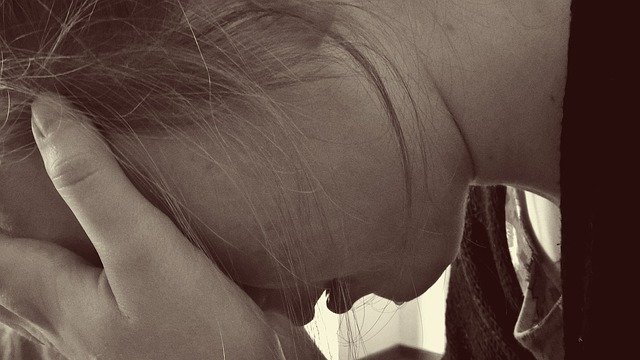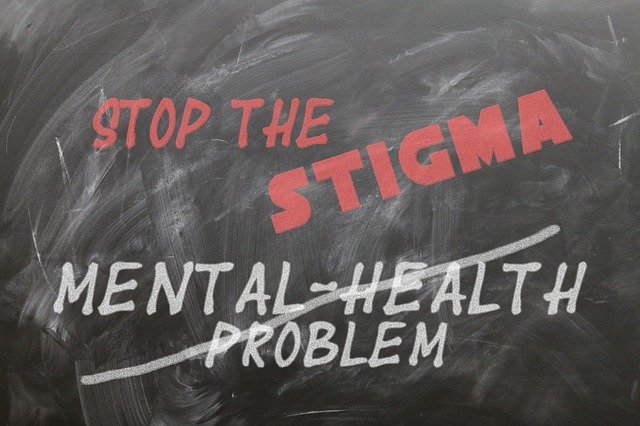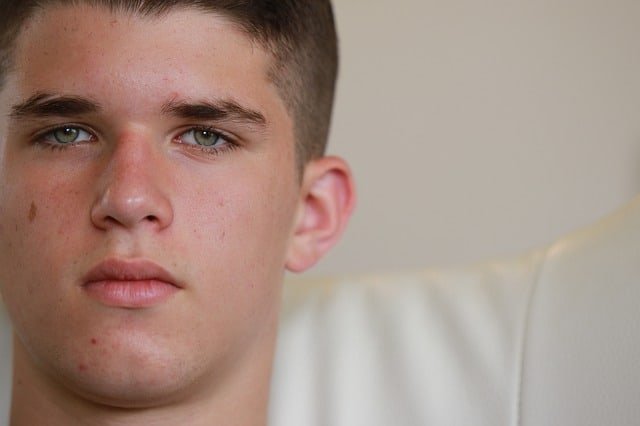Mental Health
Click on a topic
- Positive Mental Health – for anyone who wants to generally feel better (and it helps with sleep and pain too!)
- Anxiety (booklet and video)
- Depression (booklet and video)
- Health anxiety (booklet and video)
- Hearing voices (booklet and video)
- Obsessions & Compulsions (booklet and video)
- Panic (booklet and video)
- Post Traumatic Stress (booklet and video)
- Postnatal Depression (booklet and video)
- Prisoner Depression & Post traumatic stress (booklet and video)
- Self Harm (booklet and video)
- Suicide/I want to end my life
- Shyness & Social Anxiety (booklet and video)
- Stress in general (booklet and video)
The POSITIVE MENTAL HEALTH resource on the left hand side is for anyone who generally wants to feel better. And it can help anyone with sleep or chronic pain problems too. Try it – commit to it – and see how it changes your life.
Did you know...
- 1 in 10 youngsters experience psychological well-being issues.
- 1 of every 4 individuals will have a mental illness at some point in their lives.
- Depression affects 1 in 12 of the entire population
- 450 million individuals worldwide have a mental health issue.
More information

Are you depressed?
Everyone gets low moods now and then. And of course, it is okay for someone’s mood to be low – especially if they’ve lost a close relative, friend or pet. In fact, it would be unusual NOT to feel a bit low after receiving some sort of bad news. But the thing is, for most people this is short lived and their mood perks up again.
If your mood has been low for 2 weeks or more, then that is what we call depression and you may need help to get it back to its usual self again. A lot of people have depression, but just because it is common doesn’t mean you should suffer in silence. If you’re suffering from persistent low mood along with other symptoms like not sleeping well, becoming irritable, not wanting to get out of bed, not wanting to do things you liked doing before, not going out with friends etc, then please come and see the GP or book in to see a counsellor. Many surgeries allow you to see a counsellor without having to see a GP first; ring your surgery and find out more.
Are you anxious?
Did you know that the symptoms of anxiety and fear are the same. This doesn’t mean that the two conditions are the same. What I am trying to say is that everybody will have experienced fear at some point in their lives. It is usually in response to a threat or worry – like exams, someone getting angry with you, losing your wallet and so on.
Anxiety is basically an over-expression of these fear symptoms EXCEPT that the threat trigger is vague or ill-defined. The problem in anxiety is that these otherwise normal symptoms come at wrong and inappropriate times which then starts heavily interfering with our normal lives. We end up not going out, or not being around people, or not wanting to do the things we normally like doing. And sometimes this then leads to depression! Yes, you can end up getting a mixture of anxiety and depression. So many people have anxiety these days (probably because of the busy lives we lead and we don’t take time to just relax and chill). If every moment of your life is taken up by doing something, then it’s time to rethink what to do. Come and see the doctor or counsellor to discuss.


Feeling suicidal?
Sometimes, anxiety and depression can get so bad that people want to end their lives. If you are feeling like this at the moment, then please do one of more of the following BEFORE YOU DO ANYTHING…
- Go for a walk around the block and then
- Call one of these numbers
- Call the Samaritans – Phone 116 123. www.samaritans.org Talk to them anytime you like – 24/7 – they are not a religious organisation. Find one of their branches near you
- Call NHS Urgent Care on 111 in the UK
- Call the First Response Team 01274 221 181 (Bradford)
- Ring your GP Surgery
- Read this really good little document
Whatever you're going through, a Samaritan will face it with you. We're here 24 hours a day, 365 days a year. Every six seconds, we respond to a call for help. No judgement. No pressure. We're here for anyone who needs someone.
The Samaritans Tweet
The Stigma of Mental Health Problems
Individuals with emotional wellness issues say that the social shame connected to mental sick wellbeing and the discrimination they experience can exacerbate their troubles and make it harder to recover from.
But mental illness is very common. It influences a huge number of people in the UK. Many of your friends, family members, relatives and work colleagues will have a mental illness and you won’t know about it. Yet, you might feel it’s only you that is affected and wonder “Why me?”.
But did you know this…
- 1 of every 4 individuals will have a mental illness at some point in their lives.
- 1 in 10 youngsters experience psychological well-being issues.
- Depression affects 1 in 12 of the entire population.
- 450 million individuals worldwide have a mental health issue.
So, what we are trying to say is that lots of people suffer with mental health issues. Why should mental health issues be treated as any different as something physical like a heart attack or stroke. All these things affects our health, our well being and how we subsequently live our lives. There’s no reason to feel ashamed or embarrassed – mental health issues are common. Most people will get something and you’re just like most normal people – and ,people recover completely and live good lives. The Equality Act 2010 makes it illegal to discriminate against those with mental health issues – just like it would be wrong to discriminate against someone’s colour, race or sexual orientation.


Mental Health in Teenagers
If you’re a teenager reading this, it is not uncommon for individuals of your age to feel anxious or depressed. But that does not mean you should keep it to yourself. Try and see if you can talk to your family and close friends about it or a teacher or nurse at school.
But one thing is for sure – your GP will be delighted to see you and will be honoured if you confide in them about how you feel or the way things are for you. And what you say to them, on the whole, will be confidential just between you and your GP. Please don’t think you have to suffer in silence. Come and see your GP because things can be done to try and make you feel good again.
